[CN: Dehumanisation, crimes against humanity]
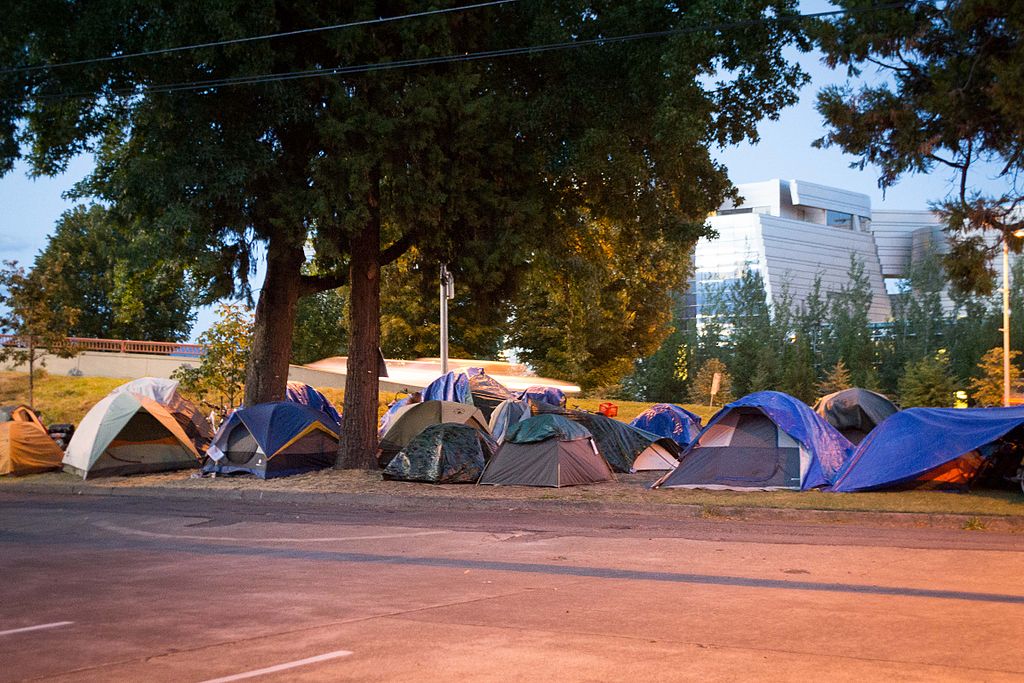
In addition to the problems intrinsic to homelessness, homeless people often suffer from deliberate harm by others. For example, Social cleansing is the act of targeting people you deem “undesirable” for the selfless reasons of bettering society — and so that your $2,000 sunglasses don’t have to behold sights you think are unpleasant. Based on a horrific ideology that’s a mix of eugenics, “fuck you I got mine” and “they make the rest of us poor people look bad”, the homeless are seen as subhuman/vermin. Social cleansing has involved hiring hit-men to murder people sleeping in the streets. In Colombia, this has resulted in homeless people retreating to the sewers, where paramilitary and police squads still hunt and kill them, pouring petrol down sewer holes and VICE video about it is one of the worst things I’ve ever seen.
One clear thing history and science have both taught us it’s that we’ll tend to empathise with (and help) people we identify with. This is why dehumanisation means that help that would otherwise be given to fellow people would be withheld. Let’s look at this in terms of some basics that a person who’s homeless would need: food, a place to sleep and somewhere decent to shit.
In terms of food law passed in France requiring supermarkets to stop deliberately spoiling food they throw away to discourage the poor from dumpster-diving and instead work with charities to distribute it has rocked the world as a radical idea. Food rescue is not new and here in Australia we have the excellent 6,000 sleeping rough. I doubt that implementing the supermarket thing would be a massive cost since there are plenty of charities who will help with the supply chain. Not to mention that there are places (thankfully not yet in Australia) that actively criminalise feeding the homeless and an advocacy group using poo emoji to map downtown Miami to lobby for toilet services for the homeless. The Miami Homeless Trust rejected the idea, not only for funding reasons but also saying:
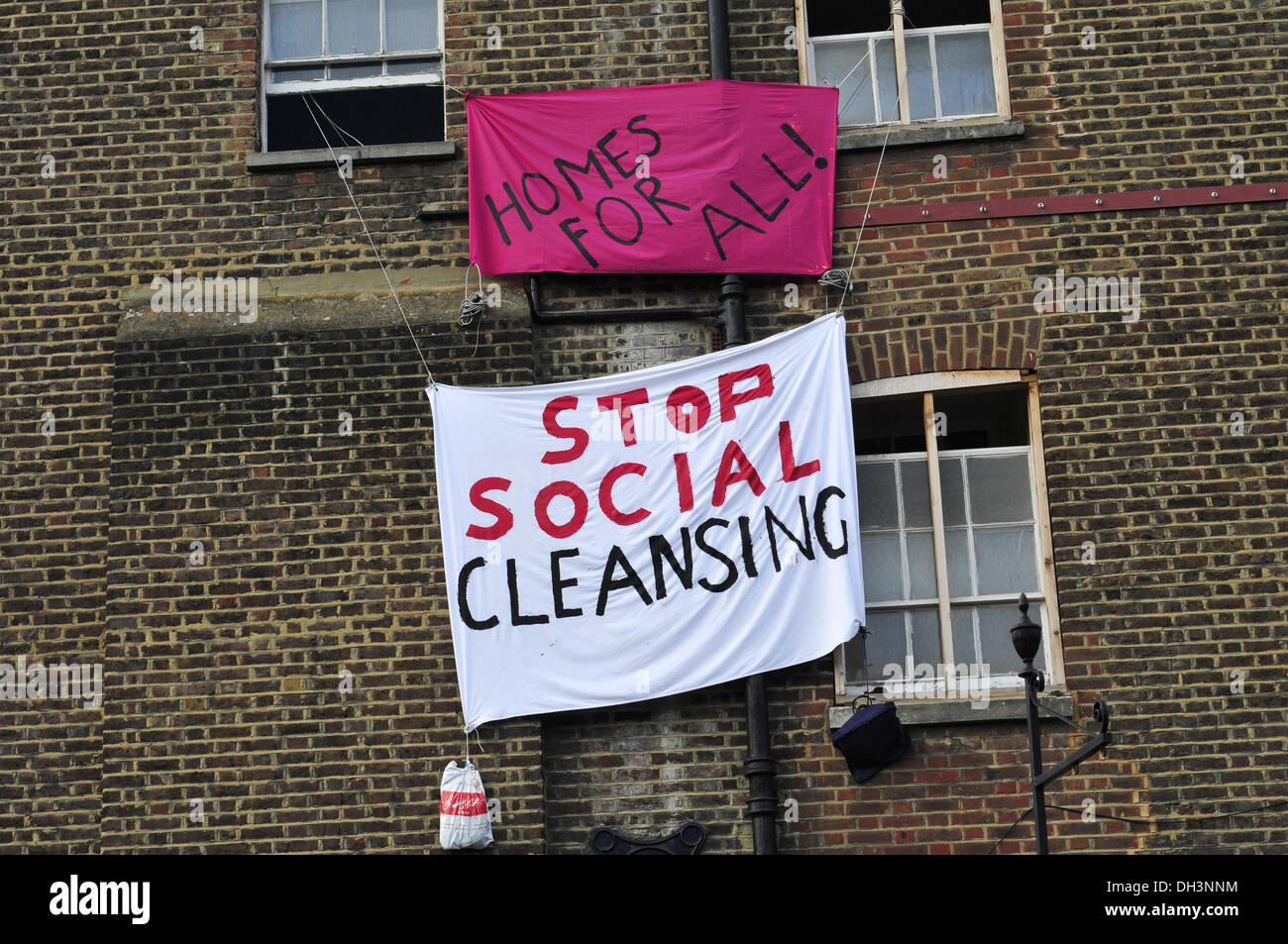
If I’m making it easier for them to be on the streets, then I’m making it more difficult for my outreach staff to coax chronic homeless people off of the streets. It makes an excuse for them to stay on the streets. I’m not into excuses.
It’s not just a cost thing; the homeless aren’t given toilet access on principle. Public toilets exist to serve people and the homeless aren’t seen as people.
As for sleeping, this has been in the news lately because of the horrible anti-homeless architecture and urban planning. Think metal spikes to stop people sleeping somewhere (put in by a church in the archdiocese of San Francisco then removed after a public outcry. In Sydney, a clear example is arm-rests on CBD park benches. You could argue that in a crowded park there is some benefit: when two strangers are on either side of a bench and there’s a gap in the middle, a third stranger will be more comfortable sitting there if there’s a divider. But let’s be real. The side effect that a person can’t sleep on the bench is too obvious to argue about.
People need shelter, with the problem only worsening as many Australian services have had another round of cuts. Anecdotally, the park outside Central station used to have a couple of tents pitched at the edges. I recently counted over 15 tents. Australia may not have a “people without houses, houses without people” problem as bad as the US, where there are several initiatives strongly suggest that giving people housing is actually cheaper from reduced use of emergency and other government services. And of course putting up spikes requires additional money.
It’s not just a cost thing; the homeless aren’t given a place to sleep on principle. Benches and ground and public spaces exist to serve people; the homeless aren’t seen as people.
When I was a kid, it was a shock to read Twain’s prosecuting rape victims for adultery. But these current policies against the homeless aren’t that different. It’s a bit like racism moving from officially enshrined in law to being a systemic and perfectly predictable part of public policy. It’s not illegal to be homeless (at least in Australia). And yet.
While the policies of Sydney, the rest of Australia and other countries don’t come close to hiring hit-men to murder people on the street or burn them alive in sewers, it’s still a form of social cleansing. It’s still based on the horrendous (and many times disproven) idea that you get what you deserve and that if you’re homeless, it’s you who is the perpetrator of some crime against polite society.

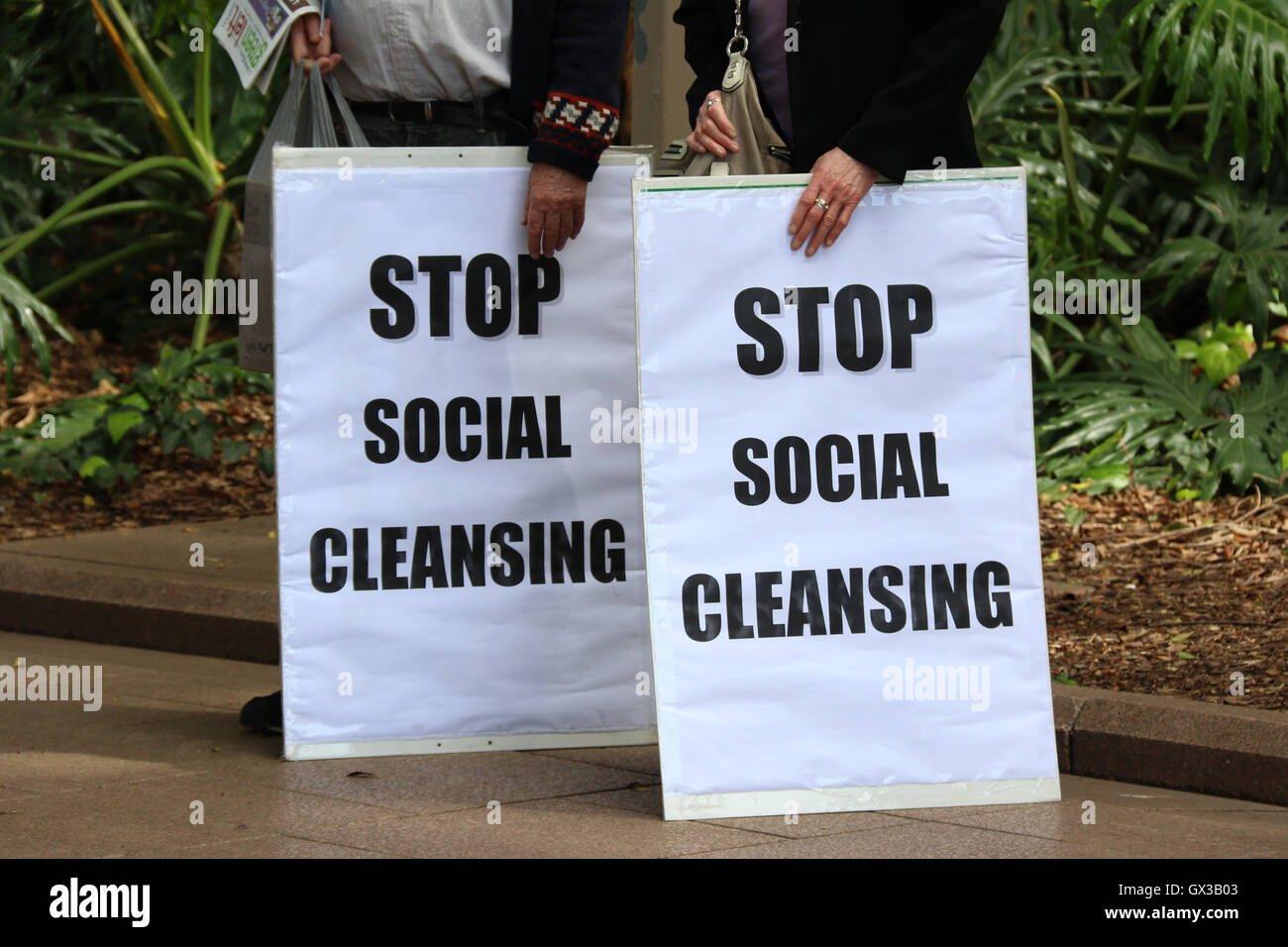

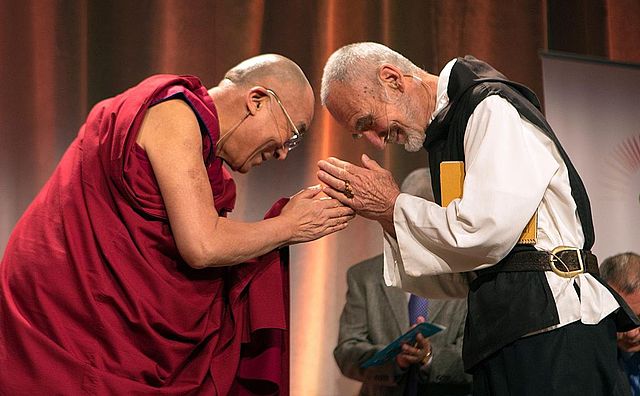
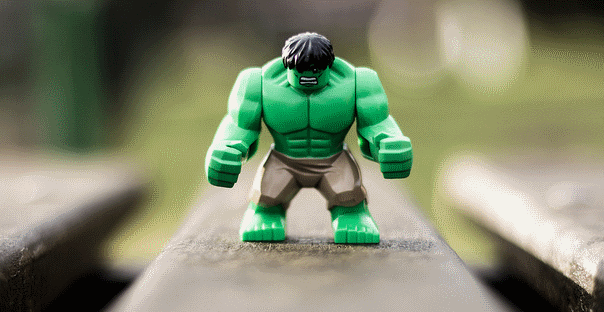
0 Comments